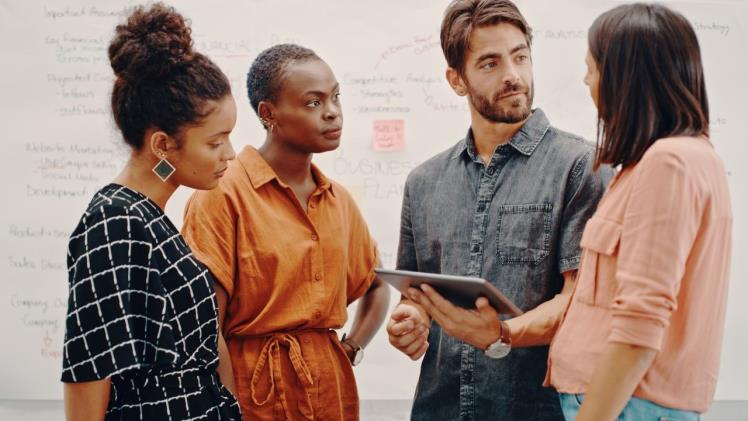In the era of digital communication, social media platforms have emerged as powerful tools for public discourse, information sharing, and political engagement. The influence of social media on political discourse is a matter of significant concern and interest, with its potential for democratization and its potential to sow division being hotly debated.
One of social media’s most significant contributions to political discourse is its ability to facilitate the free flow of information. Platforms like Twitter, Facebook, and Instagram allow individuals to share news articles, express their opinions, and converse with people worldwide. This democratization of information has empowered citizens to participate more actively in political processes and hold governments accountable for their actions.
Moreover, social media has been crucial in mobilizing grassroots movements and organizing political protests. From the Arab Spring to the Black Lives Matter movement, social media has catalyzed social change by providing a platform for marginalized voices to be heard and amplified. The hashtag #MeToo, for example, sparked a global conversation about sexual harassment and assault, leading to widespread societal awareness and policy changes.
However, despite these positive aspects, social media’s impact on political discourse has drawbacks. One of the most pressing concerns is the spread of misinformation and fake news. Social media’s viral nature allows false information to spread rapidly, often without fact-checking or verification. This phenomenon has led to the proliferation of conspiracy theories, propaganda, and echo chambers, where individuals are only exposed to information confirming their beliefs.
Moreover, social media algorithms are designed to prioritize engaging content, which often leads to the amplification of sensationalist or polarizing viewpoints. This “filter bubble” effect can create echo chambers where individuals are insulated from dissenting opinions, leading to increased societal polarisation and division. Instead of fostering constructive dialogue and debate, social media can exacerbate ideological differences and contribute to the erosion of trust in democratic institutions.
Another concern is the rise of online harassment and cyberbullying, which can have severe consequences for individuals’ mental health and well-being. Politicians, journalists, and activists are often targeted with abusive messages, threats, and harassment campaigns, which can deter them from participating in public discourse or expressing controversial opinions. This chilling effect can undermine freedom of expression and stifle democratic debate, ultimately weakening the fabric of society.
Furthermore, social media platforms have been scrutinised for facilitating foreign interference in elections and undermining democratic processes. The spread of disinformation and propaganda by foreign actors has raised questions about the integrity of electoral systems and the need for greater regulation of online political advertising. Governments worldwide are grappling with addressing these challenges while preserving freedom of expression and the open exchange of ideas.
Summing up, the impact of social media on political discourse is a complex issue. On one hand, it has opened up access to information and empowered grassroots movements. On the other hand, it has deepened polarization, facilitated the spread of misinformation, and enabled online harassment. As we navigate this digital landscape, it is crucial to critically assess the role of social media in shaping our political discourse and take measures to mitigate its adverse effects. By fostering responsible online engagement and promoting media literacy, we can harness the potential of social media to strengthen democracy and encourage civic participation.

